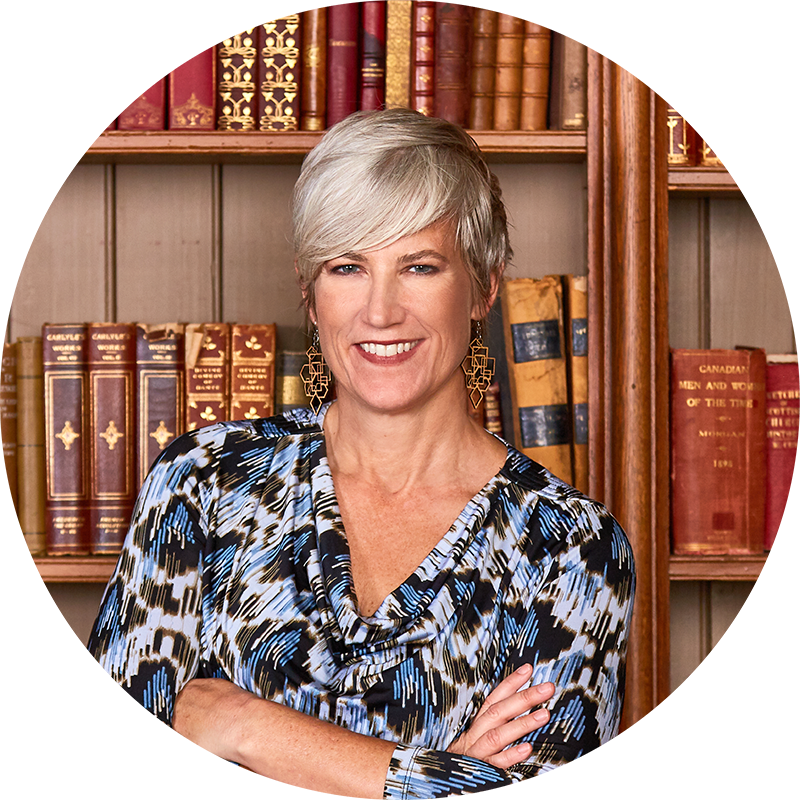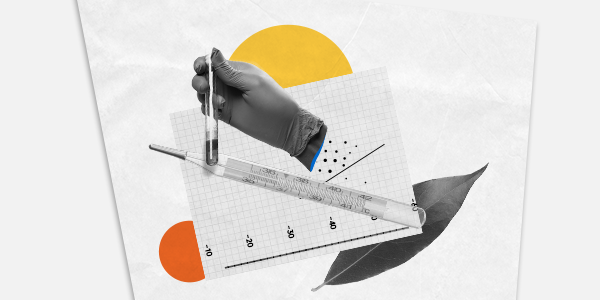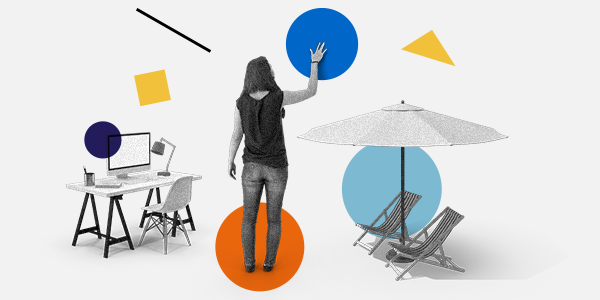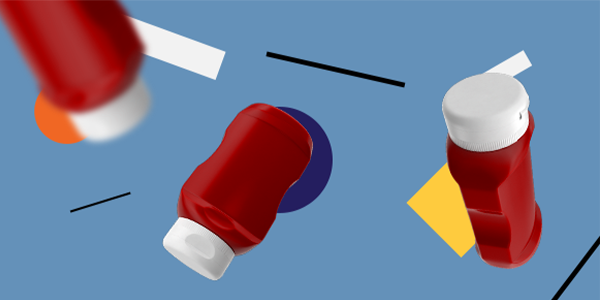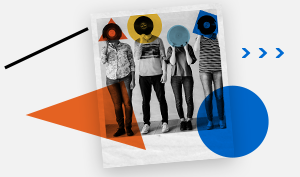 Molly Nagler is the Chief Learning Officer of PepsiCo. She is responsible for a learning strategy that equips PepsiCo’s workforce to delight consumers around the world.
Molly Nagler is the Chief Learning Officer of PepsiCo. She is responsible for a learning strategy that equips PepsiCo’s workforce to delight consumers around the world.
Previously, Molly was a Senior Associate Dean for Executive Education at Yale School of Management. In this role, Molly led a talented group in delivering 70+ executive development programs a year on topics such as customer insights, sustainability, global leadership, and managing high-performance teams. She has a Master of Public Policy degree from UC Berkeley and a bachelor’s in English literature from the College of William and Mary.
In this conversation, Kelly and Molly discuss the importance of fostering curiosity and what it really means for an organization to have a strong learning culture.
KEY TAKEAWAYS ON…
REMOVING LEARNING BARRIERS WITHIN AN ORGANIZATION
Kelly Peters: One of the things that I know that you're passionate about is building a learning culture. What does that mean to you? Let's share your wonderful vision on what a learning culture is.
Molly Nagler: Learning culture is such a funny term, because it can get tossed around as both praise and insult at the same company, as in, “we have a great learning culture”, or “no, we don't have a learning culture at all”. But there is nothing to point to disprove either position. It's a widely used, but ill-defined term.
I found a framework about learning culture, it’s called the Learning Organization Framework from Karen Watkins and Victoria Marsick. They break down learning culture into very specific and actionable things: the organization is connected to an external environment, people are rewarded for learning, people feel comfortable asking questions in meetings, and there are ways to capture and share knowledge. You can assess an organization or a team against all those things and build action plans. I wouldn't say that we've rolled it out very widely yet, but it's something that we talk about and are gearing up to work on.
Another way we conceptualize learning culture is through enablers and barriers. You want to make it as easy as possible to learn: you can't have a learning culture if learning is not available, or if it's hard to find, or if there is a lot of friction between the learner and the knowledge that they want to gain. We have a new Learner Experience platform: we call it Pep U Degree, and it uses AI and machine learning to recommend content to individuals based on their profile and learning habits. It also has a social element, so I could follow you, Kelly, and you could follow me. It allows you to be curious and see what other people are learning. That's a big way that we've taken friction out of the process.
We also want to take away barriers, and the study that we did with your team was to look specifically at barriers to learning. We wanted to know what was standing in the way of people’s learning. My hypothesis was that we had too much content and people had choice overload. But I was wrong - people were generally able to find what they were looking for. They felt supported by their manager to learn, and there was evidence for a good learning culture, if you will.
Time was the biggest barrier, and still is the biggest barrier. People feel they don't have time to learn. And that's a really tough one, I think we could have an entire session on people's perception of time, and how to make someone feel time wealthy rather than time poor. But, one way is just the simple act of chunking up learning content so that you can consume it in the flow of work. And that's what the learning platform enables, fortunately.
HELPING PEOPLE FIND TIME FOR LEARNING
Kelly Peters: One of the more subtle discoveries that we had in the project goes back to the issue of time. The fundamental challenge that we found was people's belief that they didn't have time; it's the time scarcity. But underneath that is this mental accounting framework that we have for time.
Even though we recognize learning happens in so many different ways, we still have a traditional mental model for learning. It’s those times where I'm sitting down, I'm actively engaged in learning that we think of. When we asked people through our diagnostic tool, how they felt about the time that they had, the response was “not enough time, I wish I had carved out more time”.
As part of our experiment, we asked people if they would be willing to read an article, an eight page article. We asked them to imagine this very specific scenario: if we were to send this to you, when would you have some time to review that? And it turns out, people reported they had time. They were able to say, yes, I can carve out that time this week, or sometimes it would be next week. But the idea that they could make time was there. When we dig a little deeper, the challenge that people really have is in following through. Making that time happen, helping them to follow through on those intentions is what people need help with.
Molly Nagler: Reaching people in meetings they already have is a great way to help them follow through on those commitments. We try to help managers leverage team meetings with things like ‘meeting in a box’ for a little bit of learning. You're already there, you have a captive audience.
Another thing is book clubs or peer clubs that make it social. So people get the double benefit of building your network around a learning opportunity. Or they're getting a break, you're having a coffee break and you're learning something with a group of people at the same time.
Kelly Peters: That’s embedding it in almost an unrecognizable way. It doesn't require that seemingly difficult, tough carve out of time.
INSPIRING AND FOSTERING CURIOSITY
Molly Nagler: Our learner experience platform uses AI and machine learning to recommend resources to use. A bit like Amazon, where they suggest “if you'd like that, you might like this”. It’s also helpful as a nudge and a feeling of personalization and relevance.
Kelly Peters: That sparks curiosity. Instead of telling people “Please continue learning new things”, you serve it up, and facilitate that curiosity. I don't have to be intentional and have a whole learning plan, my curiosity is driving me there. And that's fantastic to bring both the culture together, as well as the technology to make this an easier journey.
This issue of curiosity is something I think about a lot. I love to ask a million questions. And I love to ask our clients questions, like “how do you know?” And I get frustrated, because I feel that so much of our child-like wonder, and our willingness to just ask...you have to ask permission, is it okay, I'm going to ask a dumb question. We have to ask permission to ask something that we're curious about, or we don't know the answer about. Research shows that this actually gets harder over time. The older that people get, the more hesitant we are, the more nervous we are, to ask those questions. And so our curiosity gets that back burner, we lose that confidence. And I wanted to ask you, because curiosity is so fundamental to the scientific method or strategy or innovation, we want to look at them. I'd love to hear your views on curiosity, and how do you foster curiosity at PepsiCo?
Molly Nagler: We're trying to inspire curiosity in a few ways. We have a set of values or behaviors that we call the PepsiCo way, and one of them is voice opinions fearlessly. A question isn't the same as an opinion, so this is a way to say what's on your mind in a professional way. I think that helps a lot. People will say to me “Alright, I'm going to voice opinions fearlessly” and then that'll break the ice. And you start to get more questions. You really need psychological safety for people to have curiosity, and that's something we teach.
The other way, is to reduce frictions. If you are feeling curious, there's nothing standing in your way of getting access to that knowledge you're seeking. We are just on the cusp of rolling out a new talent marketplace at PepsiCo that uses skills data to match you to internal projects, jobs, but also networks. If I have the goal one day of being Chief Human Resource Officer, and there are certain skills I know I need to get there, I can go into this platform and find the people that have those skills and reach out to them.
Join us for the 2021 BEworks Summit - Shaping the Future using the Science of Behavior - where leading behavioral experts explore how BE is shaping the next frontier of Company, Employee, and Consumer behavior. Register today and we'll see you on Tuesday, 5th October from 11 AM to 3 PM. Click the link here to register.


